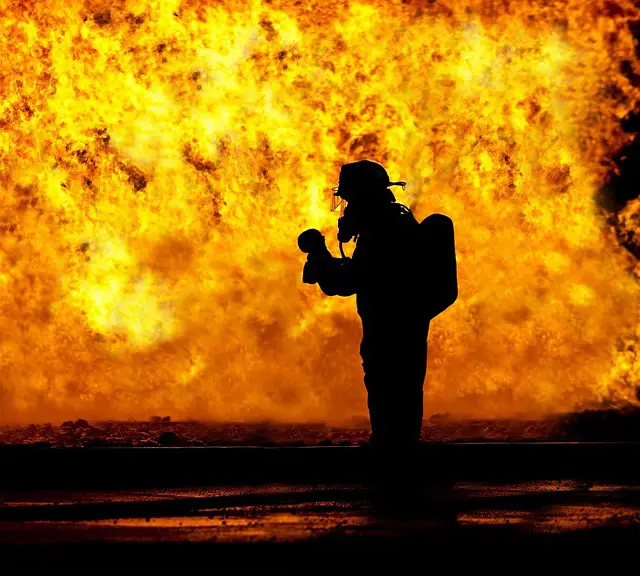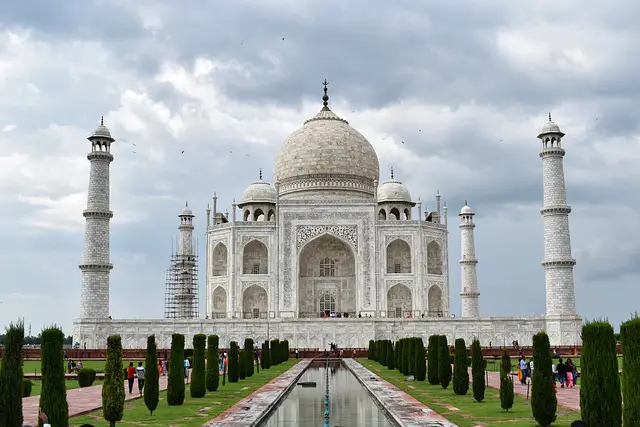An icon is a symbol or representation of something significant, while a hero is a person admired for their courage, achievements, or noble qualities.
TL;DR Icon Vs. Hero
Icons are widely recognized symbols that represent an idea or concept and have a lasting impact on culture. They can be found in various fields such as art, design, technology, and popular culture.
Heroes are individuals who possess exceptional qualities and perform extraordinary acts of bravery or selflessness. Heroes often inspire others through their actions and embody values such as courage, compassion, and resilience.
Defining a Hero

A hero is an individual who exhibits exceptional courage, selflessness, and moral character in the face of adversity or danger.
Heroes often take risks to protect or assist others, whether on a small or grand scale. They may inspire and bring about positive change, embodying values like bravery, compassion, and integrity.
Heroes can emerge from various walks of life, including first responders, activists, ordinary people in extraordinary circumstances, and fictional characters. Their actions and dedication set them apart, often serving as examples of what humanity can achieve in the most challenging circumstances, earning them admiration and respect from society.
Defining an Icon

An icon is a symbol, image, or person widely recognized and celebrated for its cultural, historical, or influential significance. Icons transcend their ordinary representation to become powerful, enduring representations of ideas, beliefs, or movements.
They encapsulate the spirit of their era or field, often serving as a point of reference for generations. Icons can be figures of artistic or political renown, symbols of innovation, or even everyday objects that gain iconic status due to their impact on society.
Their enduring recognition and ability to evoke powerful emotions make them integral to human communication, reflection, and the preservation of cultural memory.
Icon Vs. Hero – Key differences
| Aspect | Icon | Hero |
|---|---|---|
| Definition | A symbol, image, or person widely recognized and celebrated for cultural, historical, or influential significance. | An individual known for exceptional courage, selflessness, and moral character, often for acts of bravery and service. |
| Representation | Represents a concept, idea, movement, or figure, often transcending its immediate representation. | Represents a person admired for noble qualities and acts, embodying ideals like bravery and compassion. |
| Popularity | Gains popularity and recognition through cultural or historical impact, sometimes enduring for generations. | Acquires admiration and respect for specific actions or attributes, often celebrated in the context of heroism. |
| Types | Can be a cultural icon, religious icon, pop culture icon, or a symbol representing a larger concept or movement. | Can be a real-life hero, a fictional hero, or a historical figure celebrated for their courageous deeds. |
| Examples | The Eiffel Tower, the peace symbol, Elvis Presley, the Mona Lisa. | Mahatma Gandhi, Martin Luther King Jr., firefighters, everyday individuals displaying acts of heroism. |
| Endurance | Icons can endure for centuries and continue to influence culture. | Heroic acts may be celebrated for a long time, but heroism is often context-specific and linked to specific deeds. |
| Influence | Icons often have a wide-reaching influence on art, culture, and society. | Heroes inspire others, demonstrating the potential for courage and selflessness, but their influence may be more specific. |
Image Credits
Featured Image By – Photo by Denniz Futalan
Image 1 By – Elias from Pixabay
Image 2 By – 14132575 from Pixabay








